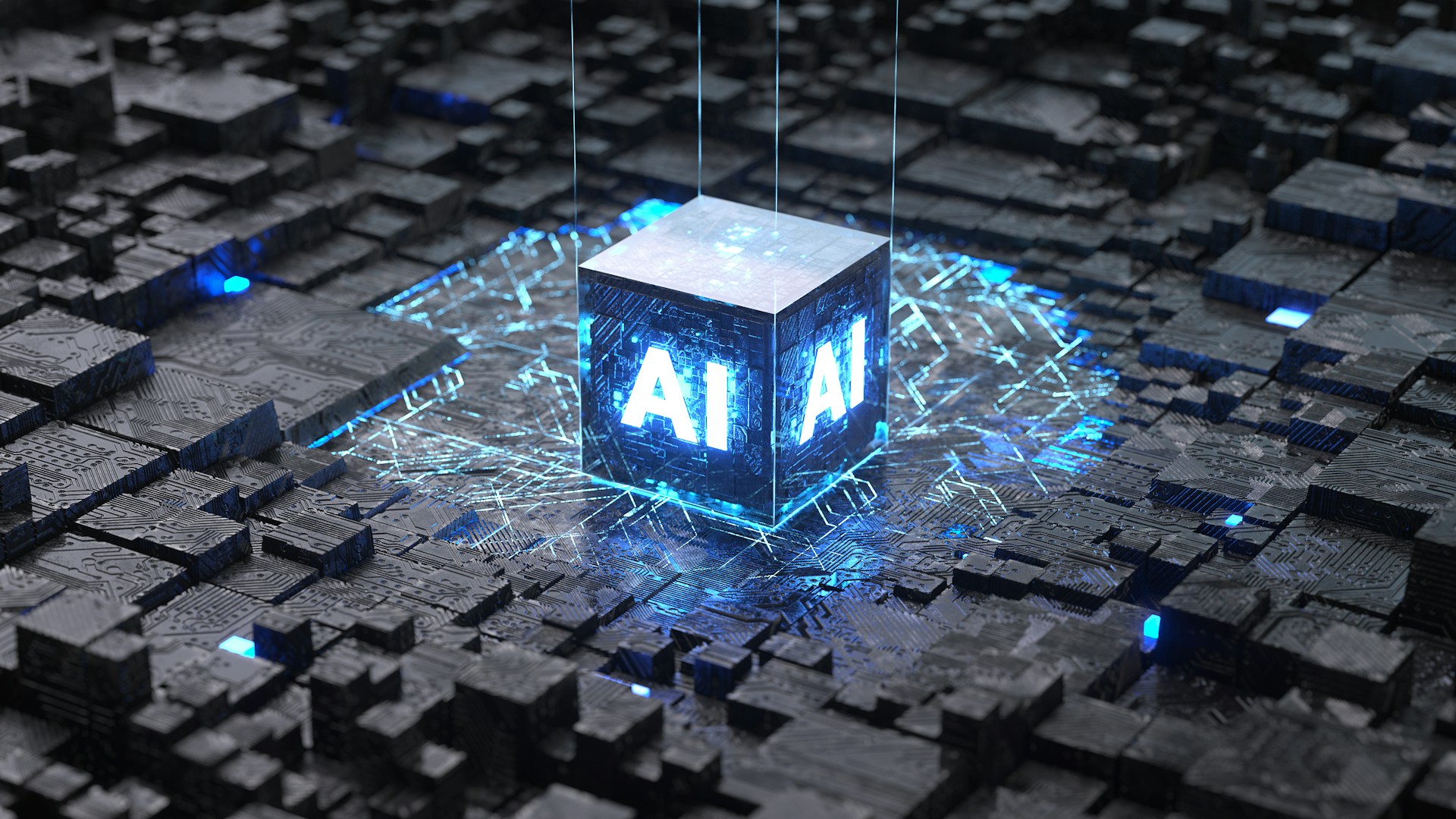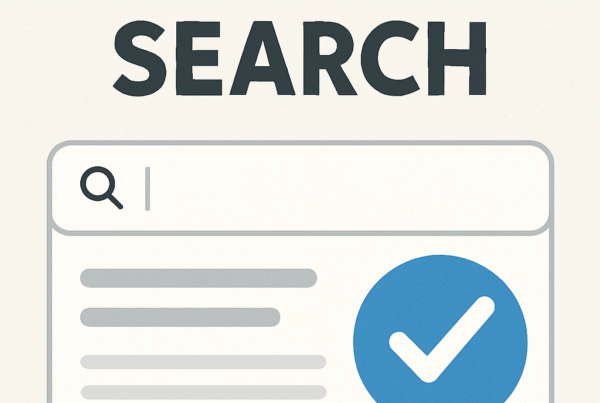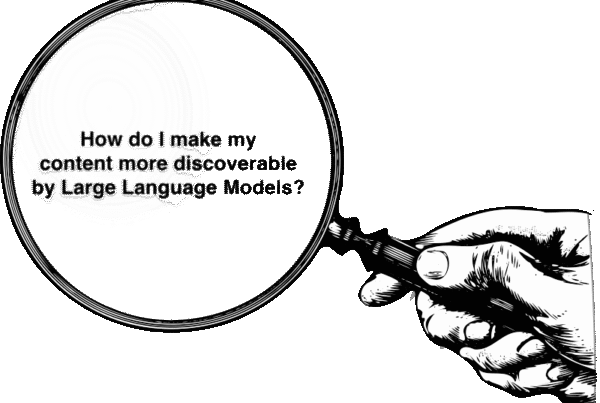
Unless you’ve been living under a rock in a cave on the moon, you’ve certainly noticed a mention or two of AI. I opened my presentation at the AMO Summit at the media summit in NYC last year with some perspective of how we’ve seen this type of technology play before. In my relatively moderate career, I’ve seen this kind of hype from dotcoms, smart phones, ipv6, 100gb switching, cloud, solid state, blockchain, NFTs and big data – to name just a few. The reality is that 25 years of innovation made no effective difference in Moore’s Law — the fundamental formula that predicts technology growth as a function of microprocessor speed as fixed and linear.
So if none of these past innovations accelerated natural progress, it is hard to justify why AI will, all of a sudden, disrupt decades of precedent set by Moore’s Law. But for the sake of argument, let’s assume that it will, and the invention of AI is the beginning of a new era for humanity — fundamentally changing our relationship with machines, and each other, permanently. So what would this mean for the internet economy, or more importantly, monetized content on the internet – arguably the single largest use for the worldwide web (aside from ecommerce)? Let’s explore further.
AI for full blown content generation
When media companies and operators lose sleep at night, the implication that artificial intelligence might be a competent creator, author or publisher that can displace human content creation is the most existential threat today. If you carry such a concern, then I would ask you to remember: artificial intelligence cannot have an opinion. It may appear as if it does, but it is recycling the opinion of someone else, and furthermore, it certainly isn’t going to use creative and provocative language like similes, analogies or artistic abstraction. Want to stay relevant and interesting to your audience? Blend the line of Shakespeare and political pundit. Artistic, abstract – yet opinionated.
AI to understand online behavior
While AI isn’t particularly great at many things — today at least, the jury’s out on where it will go — it is good at some things. What it is exceptionally good at turns out to be the exact thing computers themselves are good at, which is processing large amounts of information and presenting it in a consumable view. (The human brain happens to do this particularly well also, as pointed out by Malcolm Gladwell in Blink, but doesn’t hold a candle to the raw data processing power of…a processor.) The limit of AI today and likely forever will be in the last barrier of control that we have against the rise of “Skynet”: the decision is still with us. AI cannot make subjective decisions; it can only input, process and display. The fundamental operators within that structure are the same as they’ve always been – its just a juiced up binary adder.
AI acting as human
The most interesting and sci-fi movie-esque feature emerging is full blown digital avatars pretending (and sometimes covertly) to be human. The EU has already started to implement legislation intended to create a framework and responsibility (EU AI Act) for AI to promote guidelines to its uses (and maybe as importantly, misuses). Nefarious uses of AI appear throughout popular culture and the hope is that through legislation AI can be applied for the great public good. But what is really at the root here? I can best explain this with an analogy we’re all familiar with – an inconvenience disguised as a technological revolution aka the grocery self-checkout. Ultimately to save on hiring a person, retailers invested millions of dollars in machinery and technology to ultimately shift the work of checking out a customer to YOU, the consumer. The economic efficiency wasn’t gained as much as it was redirected to the customer, who now absorbs the cost (as a function of time). AI avatars and human-like workers depend on other humans to do work elsewhere; either by training the model, providing pedantic inputs for trivial support, or investing mountains of capital in machines and software. At least for now, AI seems to be less of a pure economic net gain across the industry using human-like avatars, and more of a way to shift cost into some other area with the hope that efficiency will be created over time.
When exactly? Moore’s Law will probably tell us.




